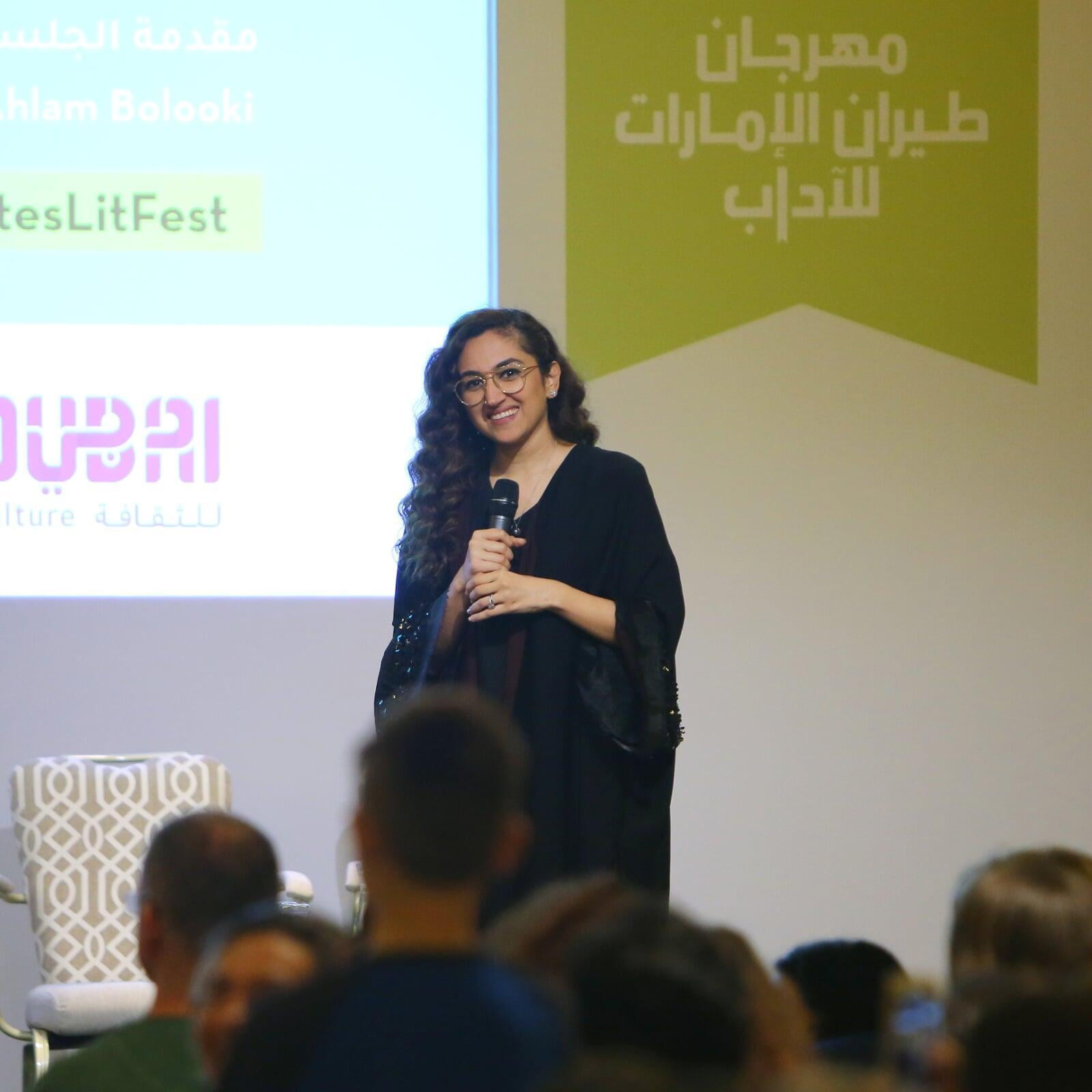On a recent trip to Seattle, I was deeply troubled by the size of the city’s homeless population, which I later discovered is the third largest in the US after New York and Los Angeles. Sleeping on the street is tough enough, but Seattle also gets nine months of rain. After a few days of staying in the same area, some faces started to become familiar. Many of the people I began to recognise on the streets were young, completely on their own, and asked for nothing more than food and a chance in life.
The homeless situation is a complex issue for larger cities in America, due to several different factors. Young professionals are attracted to larger cities, not least because of the promise of greater career opportunities. Yet the tech boom in cities like Seattle has caused house prices to skyrocket, leaving very little affordable housing stock in the property market. This is the primary cause of homelessness in America. Unemployment is ranked as the second highest cause, followed by poverty, mental illness and substance abuse. I can only imagine how terrifying the prospect of homelessness must be for young students and professionals in Seattle and what impact that fear would have on their lifestyles and career choices.
I thought about how different life looks for young Emiratis, most of whom have never had to fear losing the very roof over their heads. As Emiratis, we are accustomed to living with our families until marriage, whereas in the US many teenagers leave home at the age of 18, either for independence or to pursue career or educational opportunities. In the UAE, we also have a small native population and government-provided housing, which means homelessness is not a conscious concern for a young Emirati. Even in cases where an individual loses all their financial assets and physical belongings, there would almost certainly be a friend or family member with an open door or a helping hand.
With our cultural circumstances in mind, I found it very difficult on my trip to grasp how so many people were sleeping on the streets, as it points to them not having a single person in their lives to go to for a couch to sleep on.
Non-Emiratis who live in the UAE are only able to stay in the country on valid employment or business visas. This means they can cover their necessities of housing, food and health care while living in the country. The system we live in insulates us from interacting with homelessness – a fundamentally incomparable system to that of the US, in more ways than one.
In light of these stark differences, I find it interesting to compare millennials’ career choices in two such different environments. We have probably all seen the research and insights into what drives millennials in their careers: wanting to make an impact and work towards a purpose; being treated as individuals; being respected; not always taking a traditional linear growth path towards retirement but rather, leaning towards diversifying skills and keeping options open. Millennials aren’t afraid of change. Instead, they expect it and therefore see opportunity in change. They value work/life balance more than money and status. They want to be recognised and appreciated today, not in 10 years.
That may well be what they want in an ideal world but how many millennials around the world have a fair chance at pursuing them when there are student debts to consider, bills to be paid, health insurance to be covered and a challenging job market?
Research studies from around the world show varied (but high) percentages of millennials quitting their lucrative jobs to travel and pursue alternative sources of income that don’t require them to be chained to their desks. The primary cause of doing so is identified as feeling burnt-out in corporate environments and wanting to challenge the traditional ideas of employment. For those who have greater financial constraints, passion projects are often pursued alongside their day jobs as additional sources of income, with the hope that such projects could be developed enough to replace their day jobs and offer better work/life balance and job satisfaction. In societies where moving out of the family home at 18 has been the norm, more and more young people are opting to stay at home well into their twenties and even their thirties to save money.
The social pressures surrounding young people today, especially as a result of the unrealistic portrayals of a “happy life” on social media, play an important role in influencing their life choices as well. But can the impulsive decisions towards one’s short-term happiness be sustained when the financial obligations of the real world catch up?
Credit to The National (click here to see the full article).

Written by Ahlam Bolooki
Ahlam discovered her love for books when she was 18 years old though she grew up with her mother taking her to the Sharjah Book Fair each year and was always encouraged to read. The book that transformed Ahlam into a reader was Shame by Jasvinder Sanghera which eventually encouraged Ahlam to read non-fiction struggles of women. Later, she discovered poetry leading her to attend workshops at New York City’s Gotham Writer’s Center, where she studied poetry for several months but also experimented with memoirs, fiction, scripts, you name it! Ahlam finds it difficult to choose a favourite genre as it’s always ever changing and she’s still in the midst of discovering her literary self. She’s catching up on all the gems she missed as a child such as ‘The Little Prince’ and ‘The Giving Tree’, but has also developed a new appetite for Crime Fiction so who knows what’s next?

